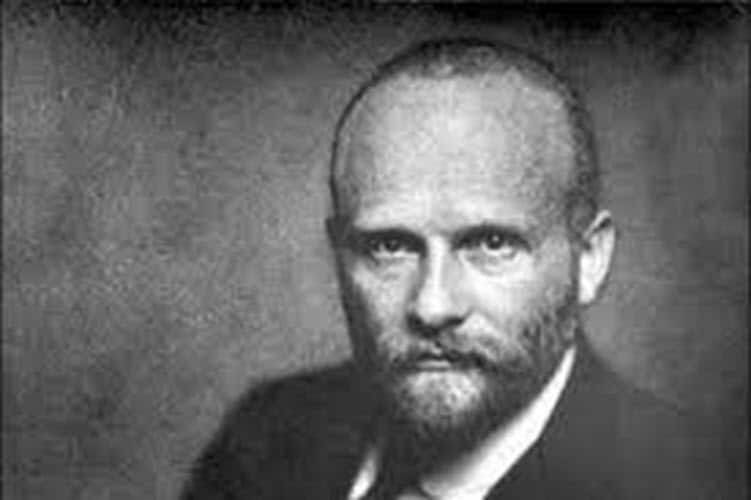Robert Bárány: Pioneering Insights into the Inner Ear

Robert Barany (22 April 1876 – 8 April 1936) was an Austrian-Hungarian otologist and neurologist, known for his groundbreaking work on the inner ear and the vestibular system. He received the 1914 Nobel Prize in Physiology or Medicine.
Life and Career
He was born on 22 April 1876 in Vienna, Austria. He received his medical education at the University of Vienna, where he earned his medical degree in 1900. He then spent several years working in clinics and hospitals in Vienna and Berlin before returning to Vienna to pursue a career in research.
In 1908, he became an assistant at the Otology Clinic of the University of Vienna, where he began to focus his research on the inner ear and the vestibular system. He went on to become a professor of otology and neurology at the university, and he also served as the director of the Otology Clinic.
He conducted a series of experiments in the early 1900s that led him to conclude that the semicircular canals in the inner ear are responsible for sensing rotational movements of the head. This discovery revolutionized our understanding of how the inner ear works and paved the way for further research in the field.
He also developed the caloric test, a diagnostic tool for evaluating the function of the vestibular system. The test involves irrigating the ear canal with warm or cold water to stimulate the semicircular canals, which allows doctors to measure the patient’s response and diagnose vestibular disorders.
He was one of the first researchers to study the causes and effects of motion sickness, which is related to the vestibular system. His work helped to establish the link between the inner ear and motion sickness, and it provided important insights into how the brain processes sensory information. He died on 8 April 1936 in Uppsala, Sweden.
Award and Legacy
He was awarded the Nobel Prize in Physiology or Medicine in 1914 “for his work on the physiology and pathology of the vestibular apparatus.” He was the first Hungarian scientist to receive this prestigious award. His discoveries and innovations in the field of otology and neurology have had a lasting impact on medical science. His work on the inner ear and the vestibular system has helped to diagnose and treat vestibular disorders, such as vertigo and Meniere’s disease, and it has also paved the way for advancements in related fields such as neurology, ophthalmology, and psychology.
Today, his legacy lives on through the Robert Barany Society, which was founded in 1955 to promote research and education in the field of vestibular science. The society hosts regular conferences and publishes scientific journals and other materials related to the study of the vestibular system. Many medical schools and research institutions also honor Bárány’s memory through lectures, symposiums, and other events dedicated to his life and work.
Observer Voice is the one stop site for National, International news, Sports, Editor’s Choice, Art/culture contents, Quotes and much more. We also cover historical contents. Historical contents includes World History, Indian History, and what happened today. The website also covers Entertainment across the India and World.

